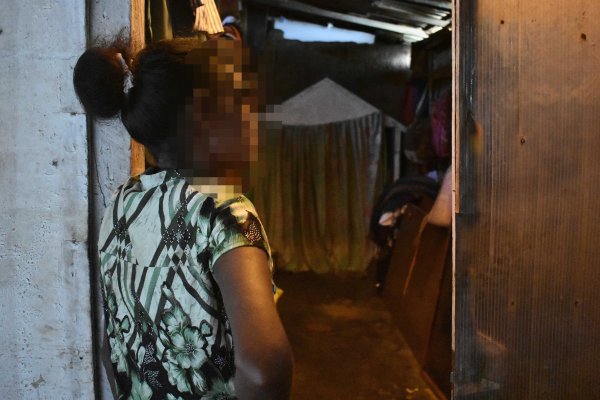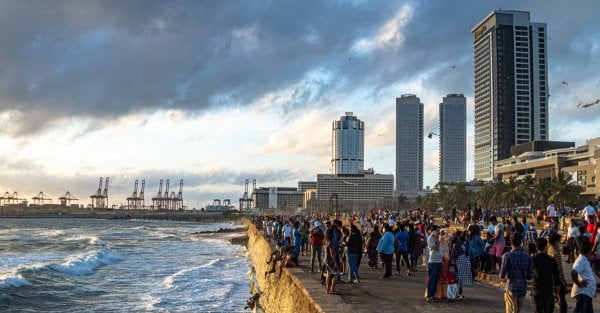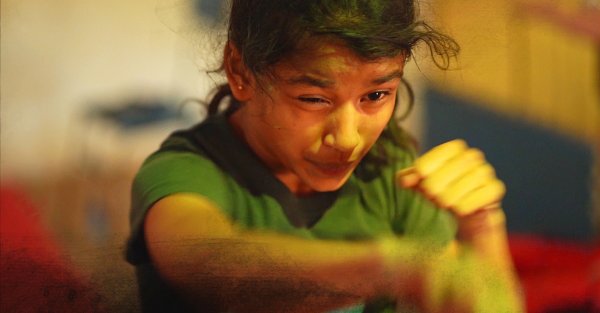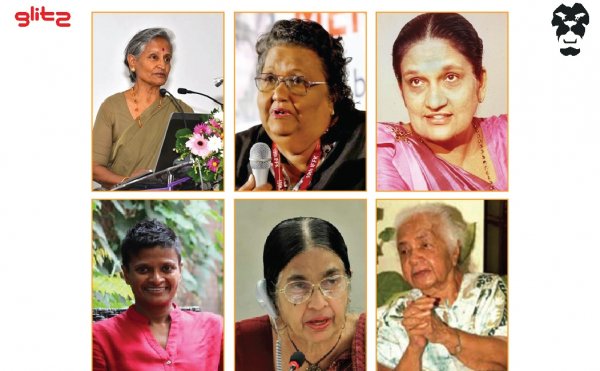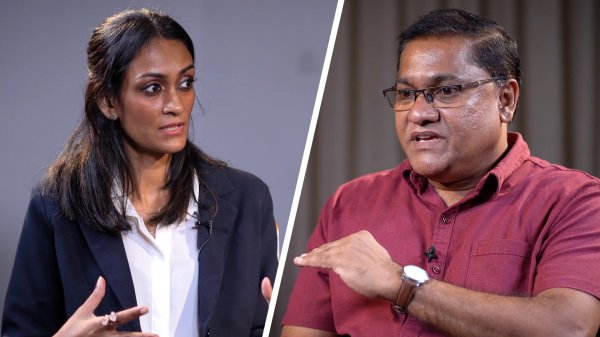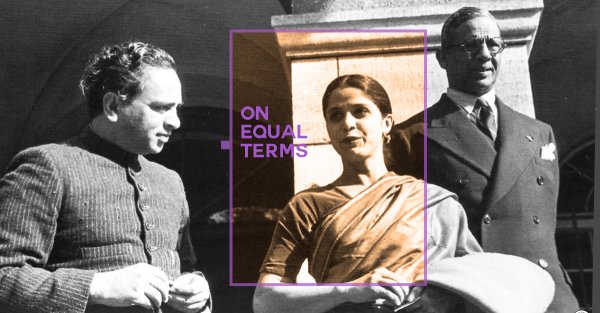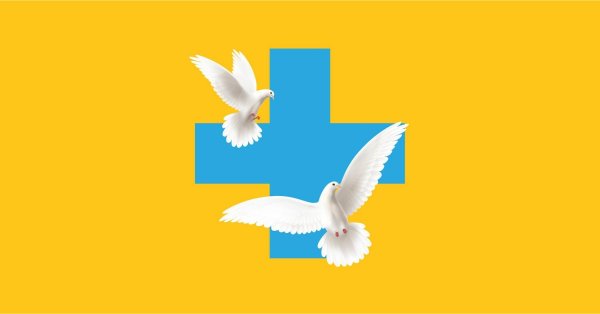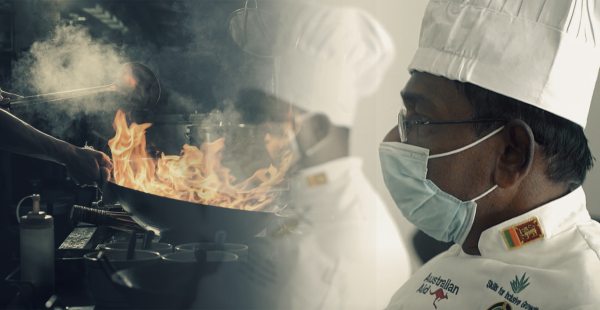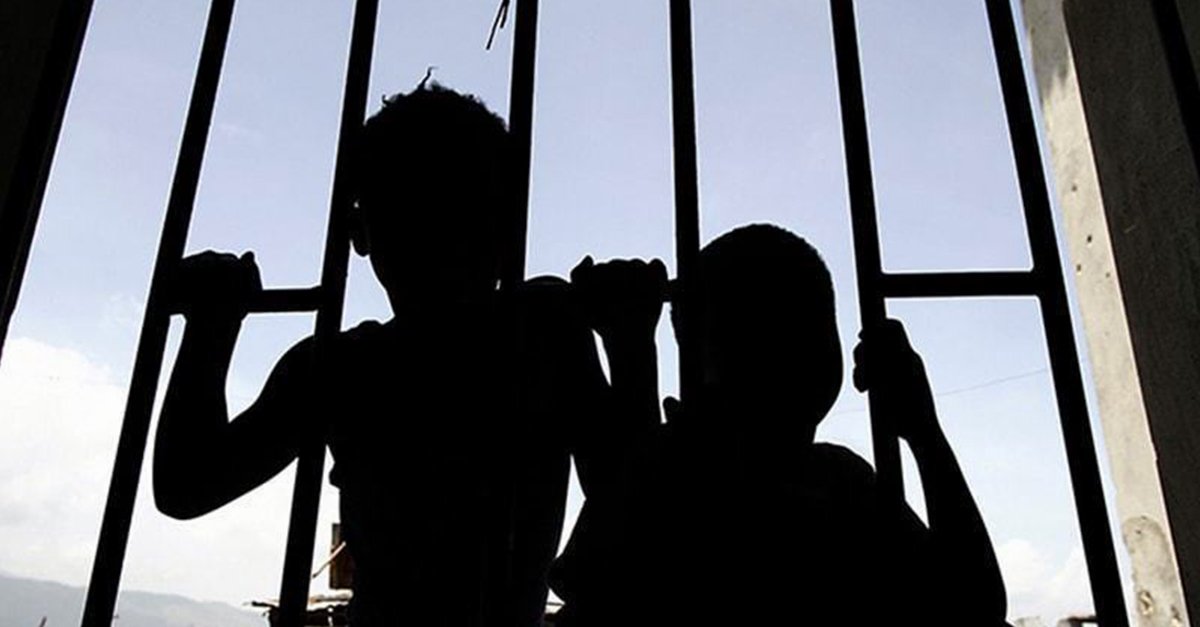
Although it happened over 20 years ago, Mahesh* (32) remembers every excruciating detail of that day.
“It was at my grandfather’s funeral. I remember feeling confused, at first, when [he] started pulling down my pants, and that turned into fear very quickly at what happened next. I was ten years old,” he recalled, describing the moment he was taken into a private room and raped by a close relative. “The abuse continued on and off for about five years after that.”
Like many young victims of rape and sexual abuse, Mahesh never told anyone about what was happening to him, and instead retreated inwards, gradually transforming from a hyper, free-spirited young boy into a shy, and oddly introverted teenager.
“I stopped speaking almost completely. I would respond to questions, but that too in very [few] words,” he said. “Many people [in my family] found my behaviour concerning, and there were many signs pointing towards what was really happening [to me], but I don’t think it crossed anyone’s mind to question that I could have been raped.”
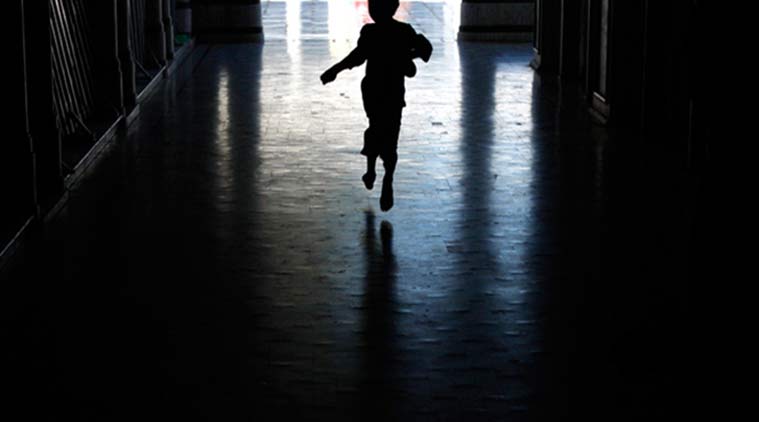
‘Ships Don’t Leave Tracks On Water’
According to the Penal Code of Sri Lanka, the word ‘rape’ is defined as a man having sex with a woman, under specific circumstances that lack consent. The rape of boys—and men— therefore, do not fall under this official legal definition, and the crime instead gets tried as ‘grave sexual abuse’. Although the punishment for the two offences is the same, the euphemism used to describe rape when it occurs to boys points to larger social attitudes of who we consider can be victims.
“I think there is a myth that it only happens to female children, and that has to do with the cultural aspect of people feeling that rape is a female-related issue,” Sonali Gunasekera, Senior Director of Advocacy at the Family Planning Association (FPA) told Roar Media. “That is probably why this archaic law is still in place — because that’s how it was seen from afar.”
Despite this myth, the fact remains that instances where young boys are raped in Sri Lanka are surprisingly frequent. Director of the Child Protection Force, Milani Salpitikorala, says that 90% of her current cases involve young boys, and the idea that the boy child is somehow less susceptible to sexual abuse and rape in this country is completely false.
“Our mindsets are set in a culture of ‘Don’t worry about your child if he is a boy,’ but the boy child is as unsafe in the hands of perpetrators as much as the girl child is, if not more,” she said.
In 1997, a community study was conducted on university students in Sri Lanka, where a questionnaire was administered to two sets of undergraduates—one that had heard a lecture on child abuse prior to completing the survey, and one that had not. In both groups, the percentage of boys that admitted to being sexually abused during their childhood was higher.
Despite these findings, little research has been conducted looking into the demographics of child rape, and prevalant social attitudes around gender continue to erase boys from the demographic of people considered to be rape victims. Even when the abuse does come to light, it is shrugged off by the idea that ‘ships don’t leave tracks on water’, which is a phrase used to imply that because there is no physical virginity to be lost, no harm has been done.
“In many cases I have seen, families and peers of young boys who are being sexually abused don’t take it seriously because the ‘issue’ of virginity doesn’t come into play,” Thushara Manoj, Senior Manager for advocacy at the FPA told Roar Media.
“When a girl gets raped, this is seen as an issue because it is believed her virginity has been compromised, and she also has the capacity to become pregnant from it. This means that her marriage prospects will suffer, and there is a risk of her abuse becoming apparent.” But with boys, Manoj explains that this fear does not exist, and as a result, families are unlikely to intervene, especially if the perpetrator is a member of the family or community at large.
A Vicious Cycle
Like all victims of rape and sexual abuse, boys face severe psychological trauma as a result of their abuse. For Mahesh, it took almost two decades for him to process his abuse, and only at 29 was he able to admit what had happened.
“I had a lot of self-hatred, and for most of my life, I would not acknowledge that I had been raped as a child because I felt that as a man, I should have been able to protect myself and fight,” he said. “It was only five years ago, when I was working in [activist] spaces and was surrounded by these narratives of how victims are never to blame that I was finally able to admit that there was nothing wrong with me, and what had happened was completely the fault of [the perpetrator]”.
Mahesh admits he was able to take significant steps towards healing as a result of being exposed to more empathetic narratives and surrounding himself with people whom he felt would not blame him for the abuse he had suffered. But in Sri Lanka, this kind of support and understanding from community members is rare, and many male victims of rape become trapped in a cycle of abuse that often carries on to the next generation.
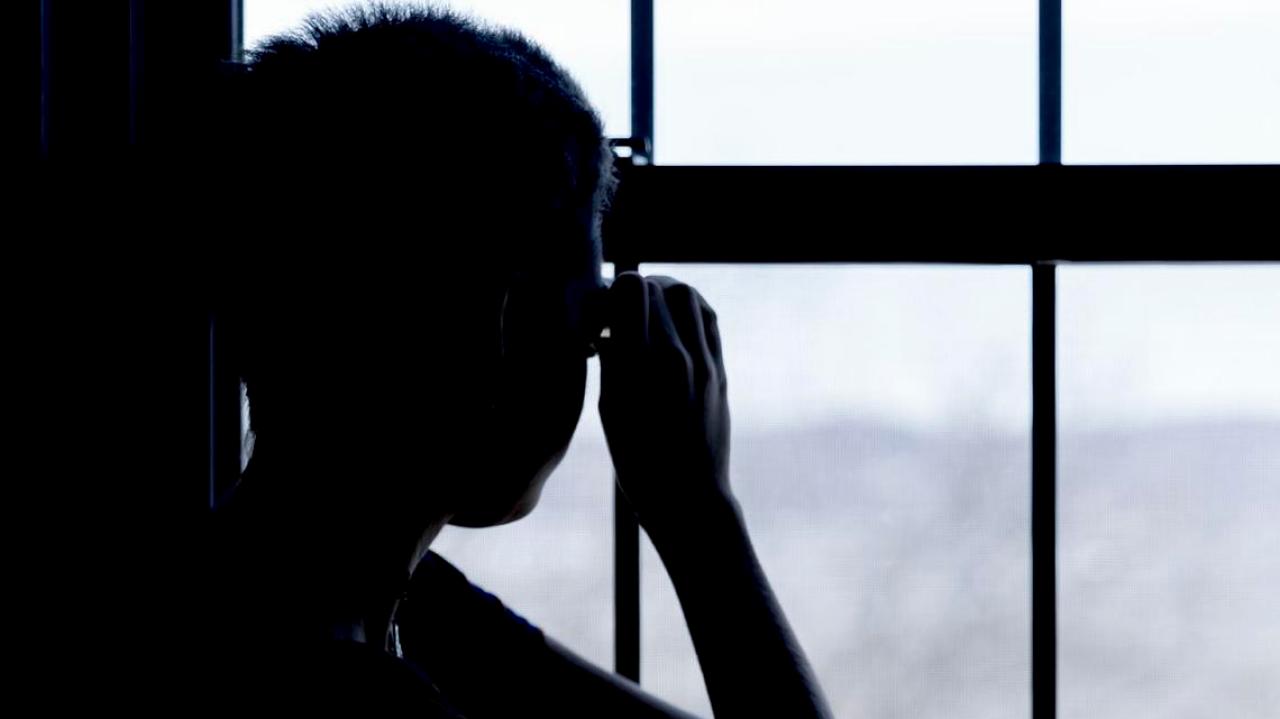
In the same 1997 community study, a significant finding was that 71% of males who had abused younger children had been abused themselves during childhood. Salpitikorala has also found this to be true.
“From our cases we have come to realise that boys could develop perpetrator behaviour after facing the trauma of being abused themselves,” she said. While the reasons behind this are multifaceted, it is important to note that the primary cause of this phenomenon is rarely the sexual abuse itself, but rather external factors such as damaging expectations of masculinity and a lack of healthy outlets for boys to express emotions that hinder them from processing their abuse.
It is also important to note that while there is evidence to suggest that the majority of males accused of child sex crimes have a childhood history of sexual abuse, the same is not true the other way around: Most victims of sexual abuse in childhood will not become perpetrators of sexual assault, and a history of sexual victimisation is not a necessary or sufficient condition to sexually offend.
Damaging Stereotypes
The sexual abuse and rape of male children in Sri Lanka is far from a new issue. In the 1940s, it was documented in the case of Lenaduwa Lokuge Jayawardene, commonly referred to as the Kadugannawa Postal Bomber, who was sentenced to death by hanging for murdering a 14-year-old schoolboy he had previously raped. However, if one were to look at media coverage detailing this case, the relationship between the victim and the perpetrator is made out to be a very different story.
An article published by The Sunday Times as recently as 2014 describes the case as ‘thwarted love between a man and a man’, and insinuates that the nature of the relationship between the killer and his victim was that of “homosexual love.” This is despite later going on to assert that the young 14-year-old boy “did not relish the amorous advances of Jayawardene”.
“There is this historical idea that being gay is the same thing as being a paedophile, and people still very much believe that today,” explained Manoj. “Which is why it is so difficult to talk about these issues, because you are afraid your words will be misunderstood and be used to fuel these harmful stereotypes.”
Despite these pervasive attitudes, scientific research on the matter has continued to prove this notion to be false. A 1994 study conducted by the University of Colorado Health Sciences Center surveyed 269 cases of children who were sexually molested by adults, and found that in 82% of the cases, the alleged offender was a heterosexual partner of a close relative of the child. In only two out of 269 cases, the offender was identified as being gay or lesbian. Several other studies and research conducted globally have also echoed these sentiments.
Although this stereotype is often touted around under the guise of being concerned for the safety of children, it actually further harms male victims of sexual assault, presenting an additional barrier for them to seek help when they are being sexually abused.
“Because of this misconception, boys who are being raped and sexually abused believe the reason that this has happened to them is because they must be gay, and that causes a lot of self-hatred,” said Manoj. “And for young children who actually may be gay or trans, it is detrimental, because they tend to believe they deserved it, and society often attributes the blame of their assault to be the result of their ‘feminine’ behaviour.”
To make things worse, these archaic and misguided attitudes are reflected not only in society, but in the law itself. Consensual sexual intercourse between same-sex adults, which is still considered illegal under Sri Lankan law, is also described as ‘grave sexual assault’, the same terminology used to describe the rape of male children.
The Urgent Need For Reform
Gunasekera and Manoj’s work around this issue at the FPA is geared towards pushing Sri Lanka to reform its laws to include a broader definition of rape, one that will protect and recognise all rape victims under the eyes of the law. But the road towards reform is a bumpy one, that is riddled with bureaucracy, shifting governments and mountains of paperwork.
But for people like Salpitikorala, who have had firsthand experience with survivors of rape, the need to take this issue more seriously feels extremely urgent.
“As someone who has represented children in court, I can say that the impact for the child is as if it was murder, but child rape is a bailable offence in court, whereas murder and even heroin possesion are not,” Salpitikorala said. “And with male victims of rape, the word won’t even get used, and therefore the full impact of the law as per the offence of ‘rape’ would not be applicable.”
Gunasekera echoes these sentiments.
“Grave sexual abuse can be defined in different ways whereas rape is rape,” Gunasekera said. “And so whether or not the penalties are the same, I feel that there needs to be a broader definition of rape in the eyes of the law, because children are children, and it is an unthinkable, extremely serious crime.”
*Name has been changed to protect identity.
